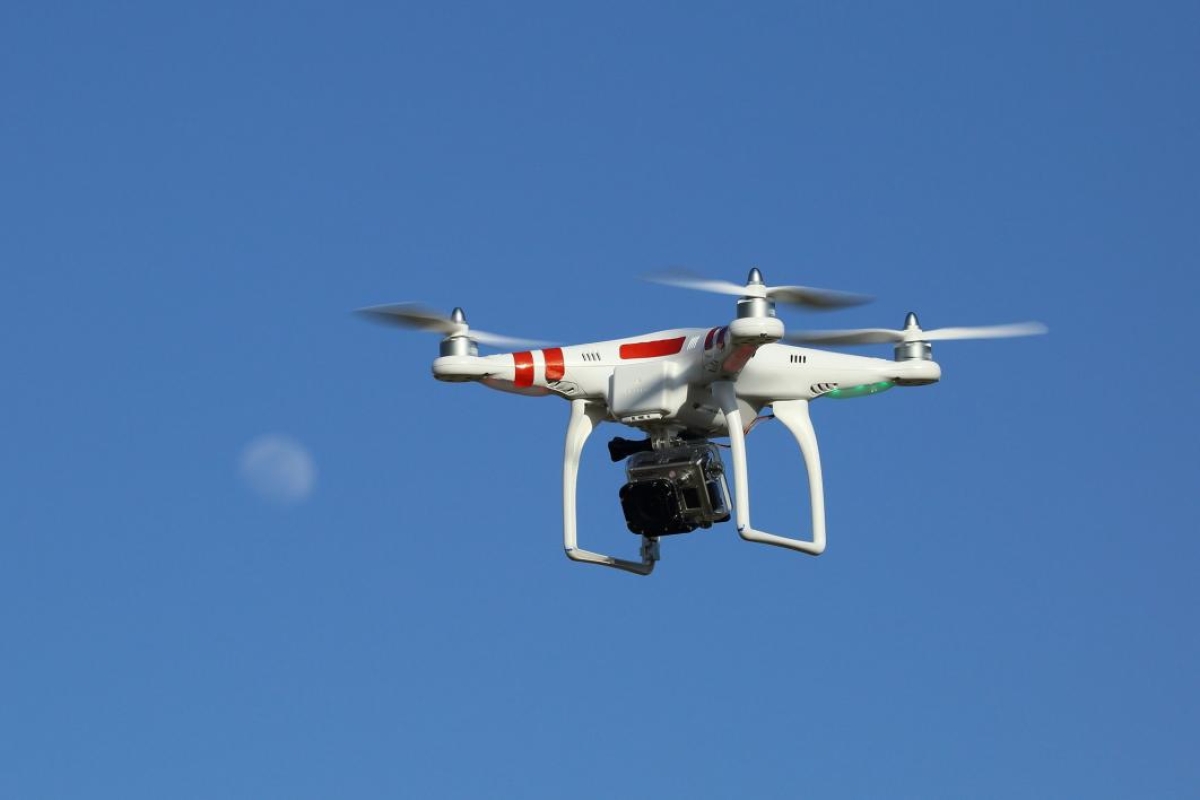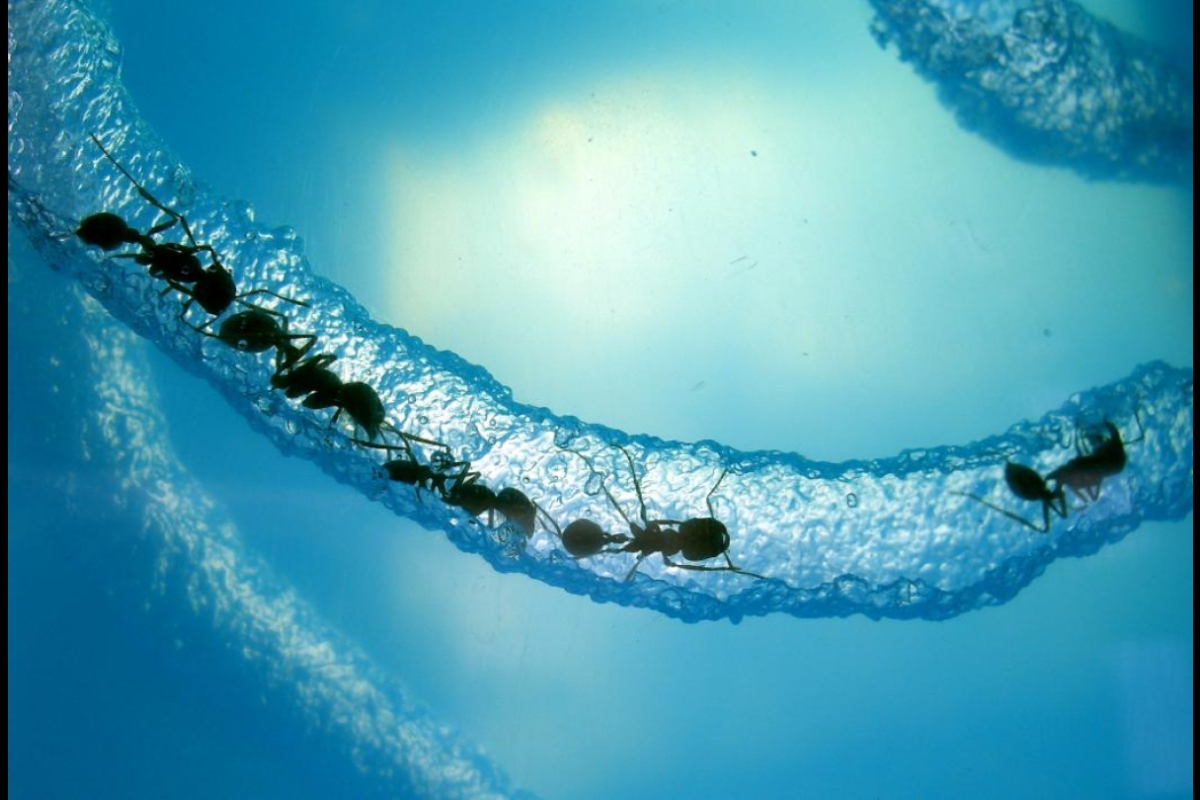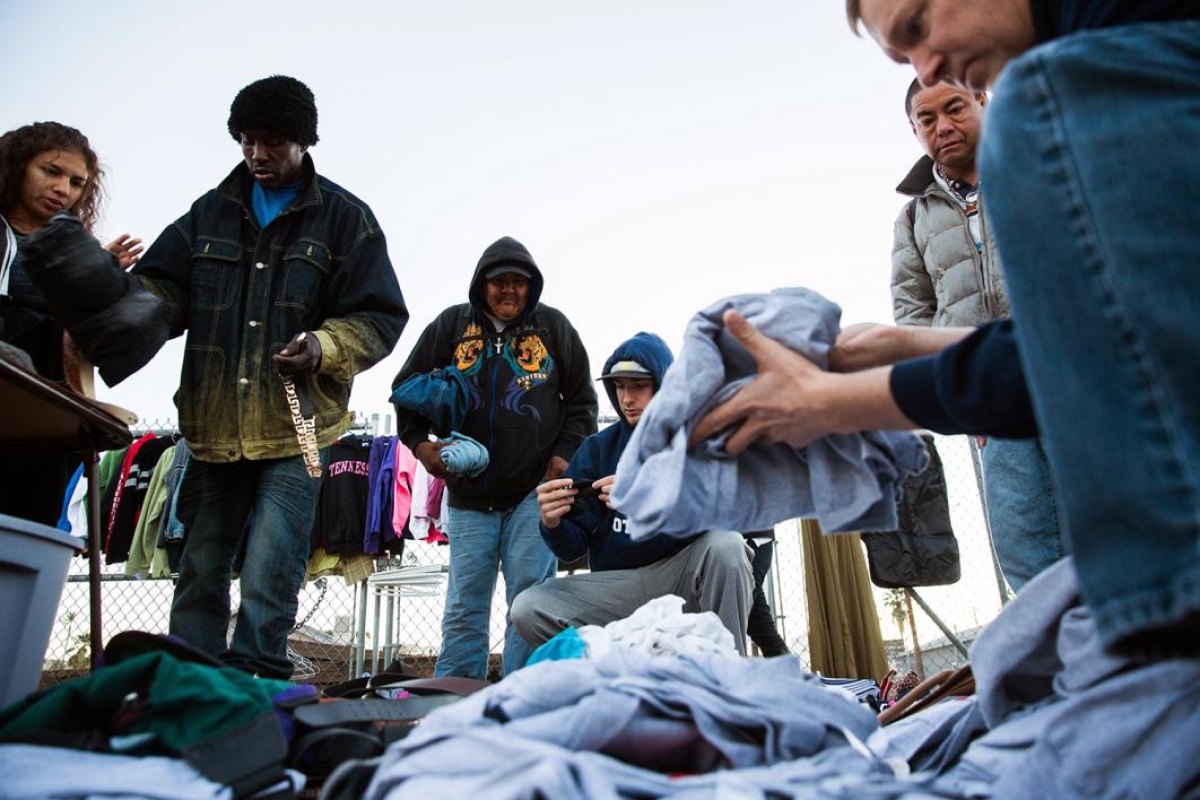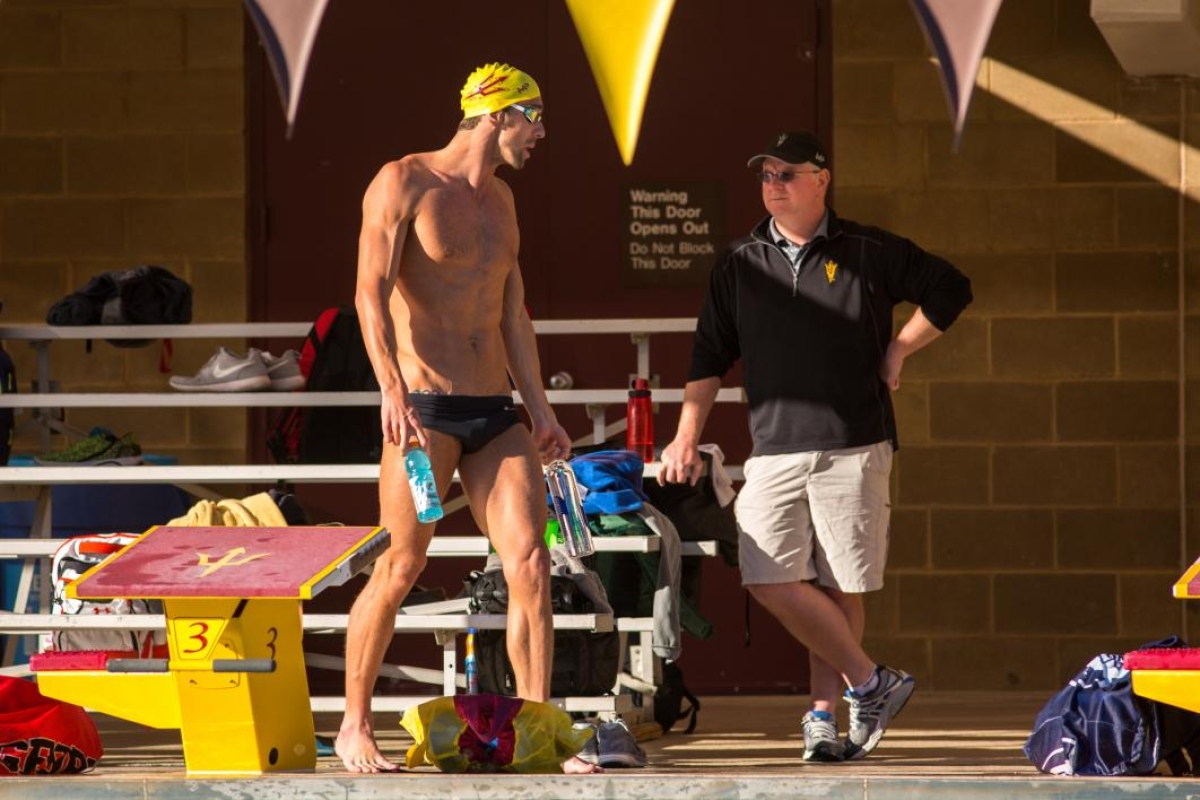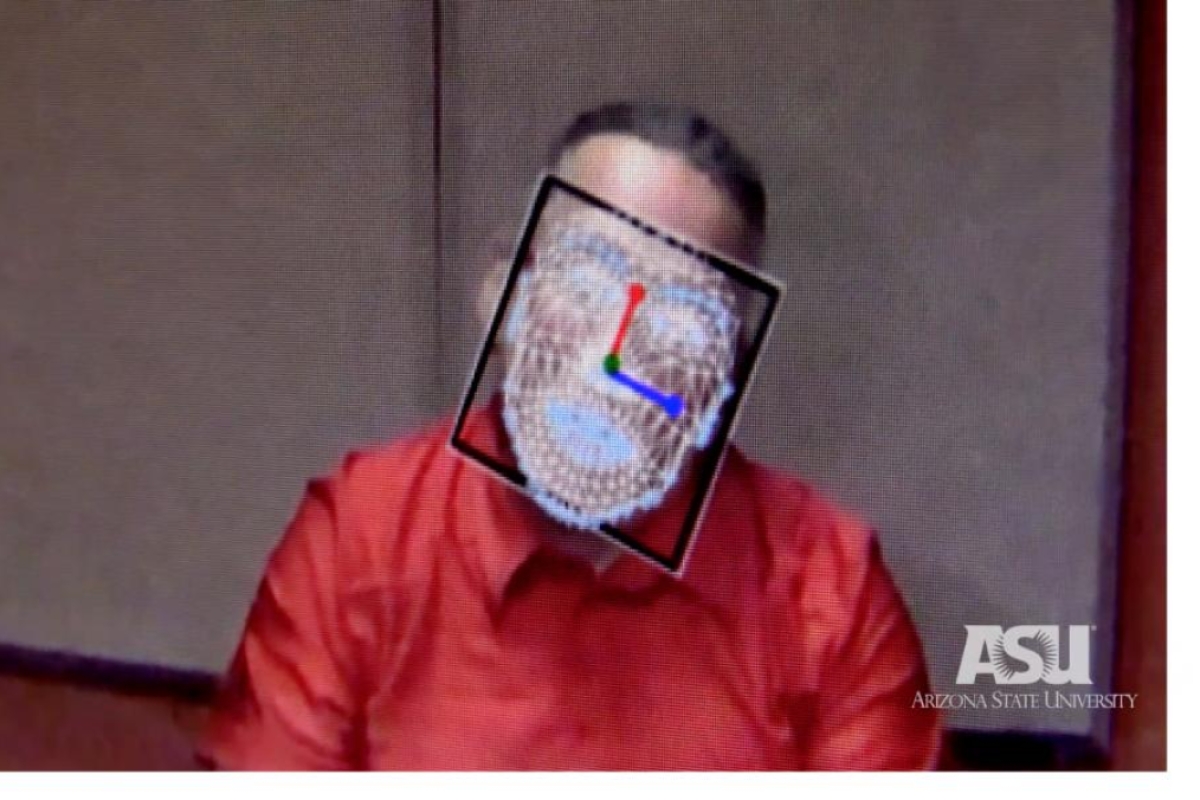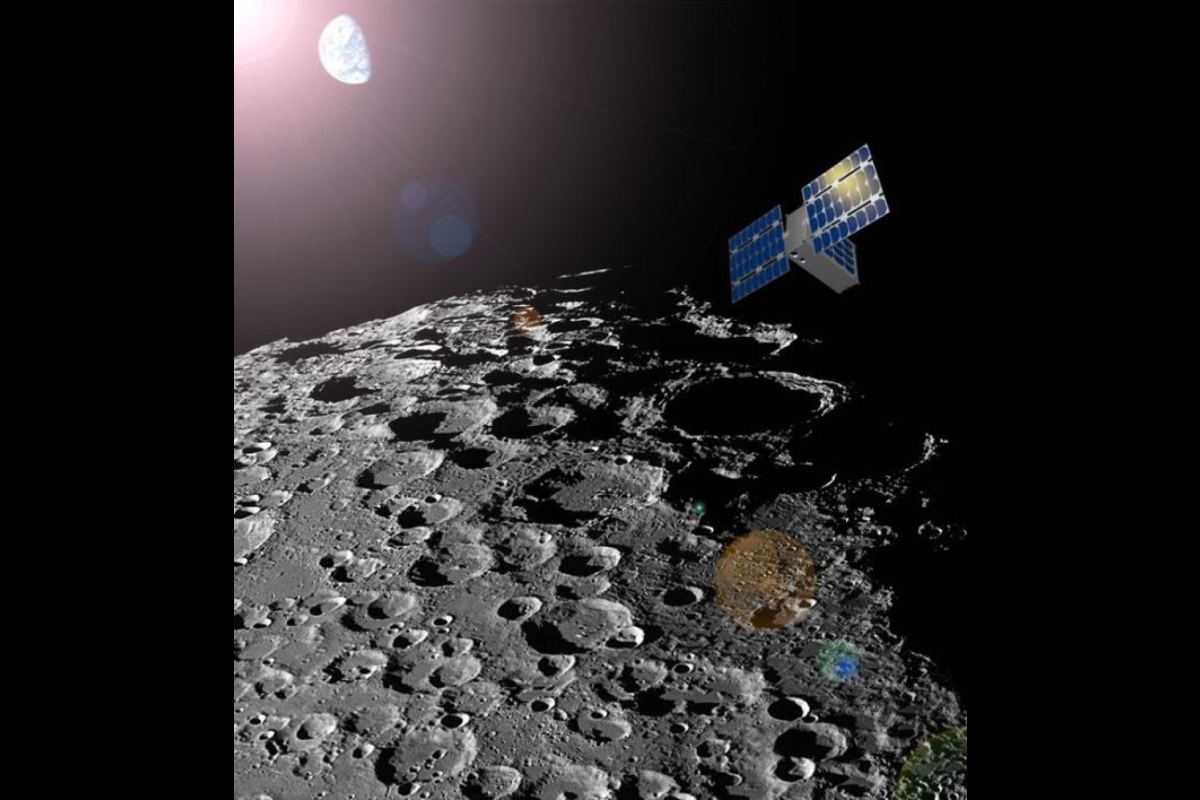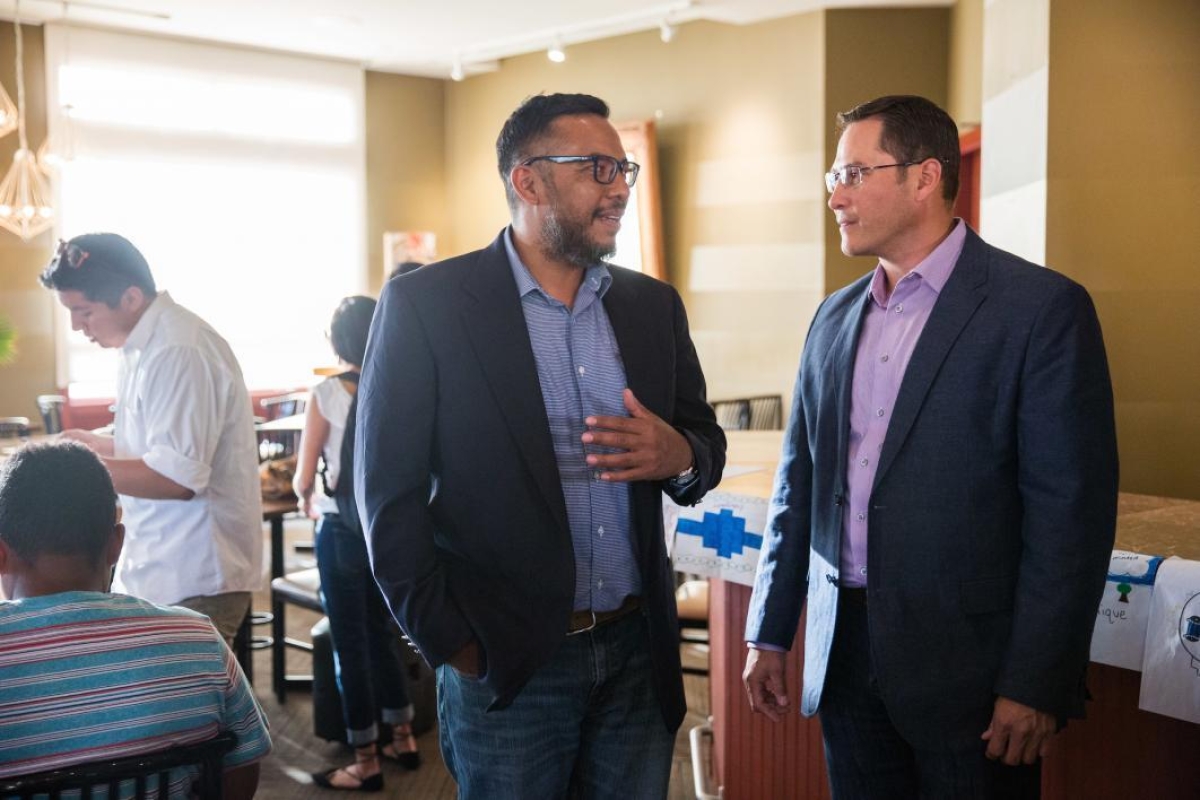Editor's note: This story is being highlighted in ASU Now's year in review. To read more top stories from 2016, click here.
For the second consecutive year, Arizona State University is the nation’s most innovative school, according to U.S. News & World Report rankings.
The widely touted list compares more than 1,500 institutions on a variety of metrics. The latest review, released today, is based on a survey of college presidents, provosts and admissions deans around the nation. ASU has taken the top spot in each year the innovation category has been considered.
The back-to-back No. 1 rankings demonstrate that the news magazine’s annual poll recognizes ASU’s overarching approach, rather than a single initiative or moment, university officials said.
“We do things differently, and we constantly try new approaches,” ASU President Michael M. Crow said. “Our students’ paths to discovery don’t have to stay within the boundaries of a single discipline. Our researchers team up with colleagues from disparate fields of expertise. We use technology to enhance the classroom and reach around the world. We partner with cities, nonprofits and corporations to support our advances as the higher-education economy evolves. This ranking recognizes the new model we have created.”
Stanford University and the Massachusetts Institute of Technology took the No. 2 and 3 spots, respectively, maintaining last year’s positions. Georgia State, University of Maryland Baltimore County, Carnegie Mellon, the Georgia Institute of Technology, Northeastern, Portland State, Purdue and Michigan filled out the rest of the top 10Because of a tie there are actually 11 schools with a top 10 rank. .
Voting panel members nominated up to 10 colleges or universities making the most innovative improvements for curriculum, faculty, students, campus life, technology and facilities.
In the year since its first No. 1 ranking, ASU has extended its global reach by joining with universities in the United Kingdom and Australia in an alliance to meet education needs in developing nations. ASU also has launched the Global Freshman Academy, which allows students to take online classes and decide later whether to pay for the credits. The school has also defied skepticism over putting laboratory classes on the web and offers the first online, accredited engineering degree.
Public and media attention to last year’s top ranking often highlighted ASU’s groundbreaking Starbucks College Achievement Plan, which offers full tuition reimbursement to the company’s employees who pursue an online degree through ASU.
University leaders said this year’s repeat at the top recognizes the mission and culture that give rise to such creative approaches to education.
Among ASU’s ongoing innovations, the school — in keeping with its charter that pledges to expand access to higher education — has developed systems and tools to bolster student success, using technology and data-mining to catch early warning signs of academic struggles so that counselors can intervene. Also, a project-based learning initiative allows students to tackle required, general-education courses through team-driven projects.
“We do things differently, and we constantly try new approaches.”
— ASU President Michael M. Crow
ASU has forged partnerships to ease students’ financial burdens, including a venture with a research firm to rework the university’s financial-aid communications, which increased grants and scholarships, and an alliance with PayPal and a nonprofit, which has produced 400 student jobs on campus that provide a paycheck plus tuition assistance.
The partnership with the city of Phoenix that led to ASU’s Downtown Phoenix campus — which now serves more than 12,000 students — inspired such projects as a proposed multi-building ASU center in downtown Mesa.
ASU’s Biodesign Institute, built around the idea that nature often provides the map to problem-solving, connects researchers from across the university’s colleges, schools and specialties, and their discoveries have affected the world. The institute has produced a new, low-cost Zika virus test and helped develop a drug treatment for Ebola.
The university’s Public Service Academy fills a previously unmet need for a program that prepares those who want to help fix problems around the world through military, nonprofit or government work. In its second year, the undergraduate program draws half the class from the ROTC corps, integrating civilian and military experiences. The joint learning cultivates a mutual understanding that will be essential when, as graduates, the students are part of the increasing military-civilian cooperation in international hot spots.
U.S. News also named ASU one of the 92 “A+ Schools for B Students,” which were not numerically ranked.
More University news

3 ASU students earn Goldwater Scholarships for STEM research excellence
Three Arizona State University students have been named Goldwater Scholars for 2025, placing them among the nation’s most promising undergraduates pursuing research careers in science, engineering…

Provost Teaching Awardees, Charter Professors empower local communities, students
The ASU Charter embodies the university’s commitment to student success and research of public value and responsibility to the community. In recognition of its importance, each year, Executive…

New online Bachelor of Social Work program exceeding enrollment expectations
Social workers are in big demand.Citing U.S. Bureau of Labor Statistics figures, the National Association of Social Workers projected the profession will grow 7% by 2033, faster than the average for…



